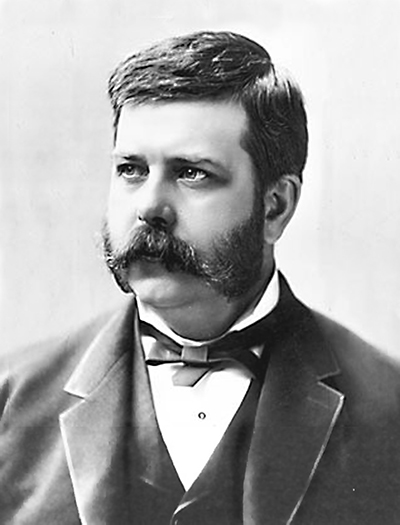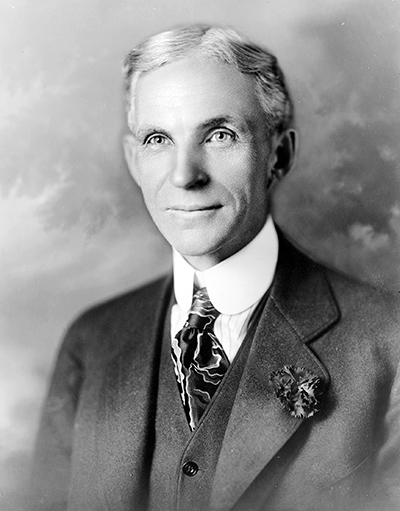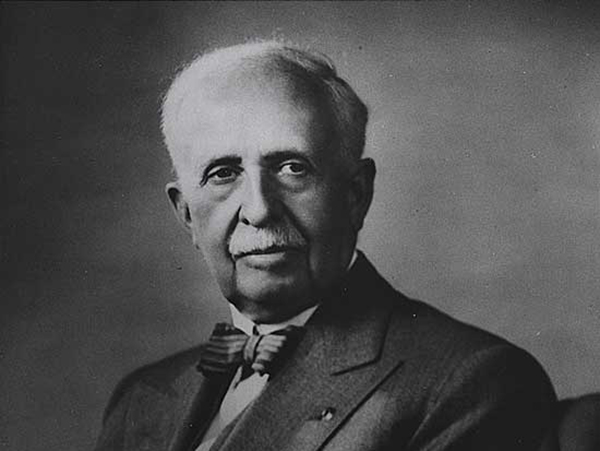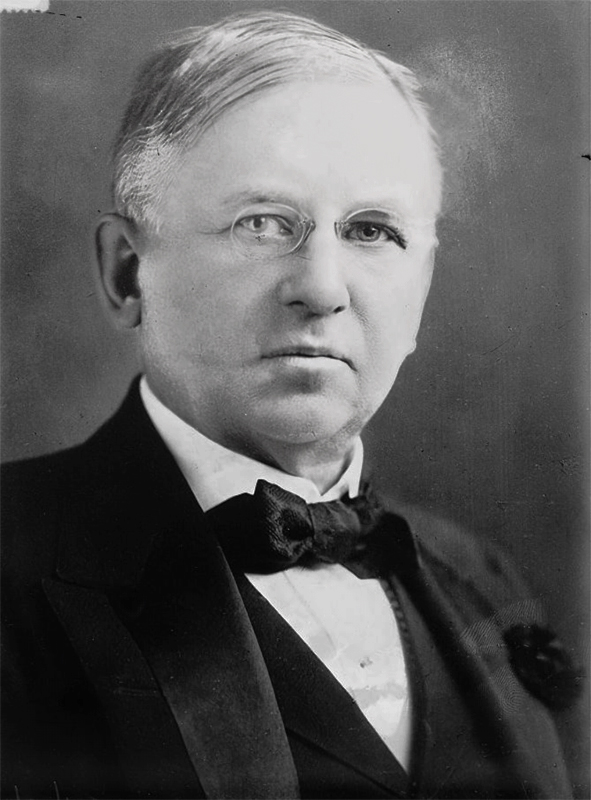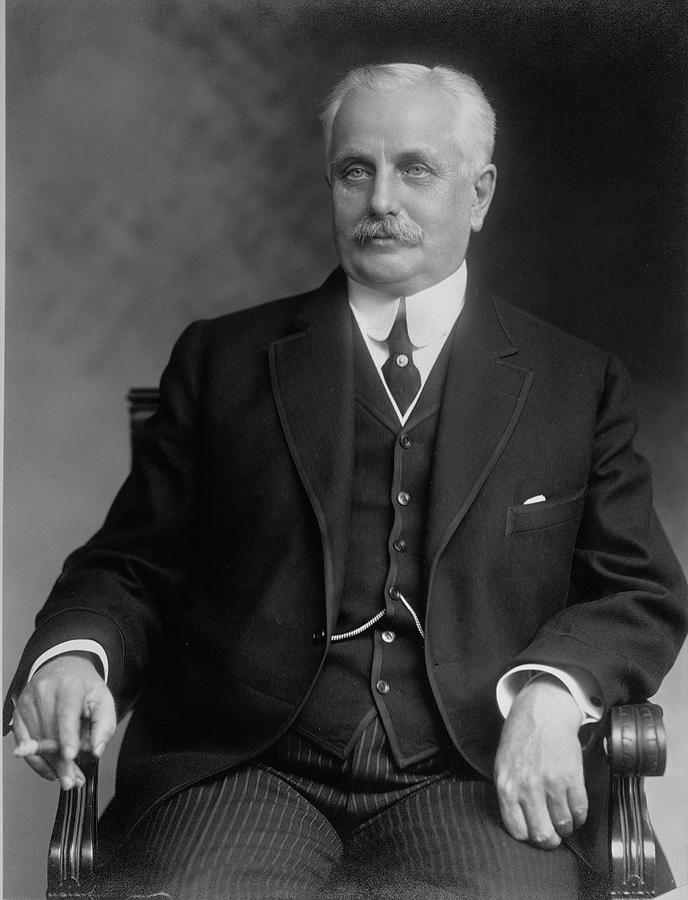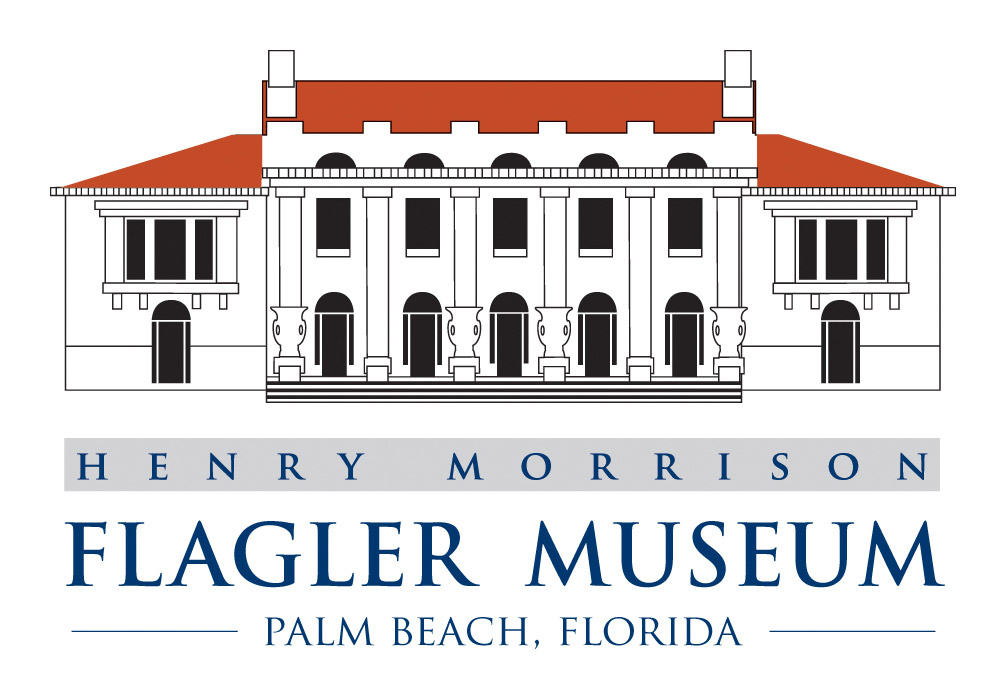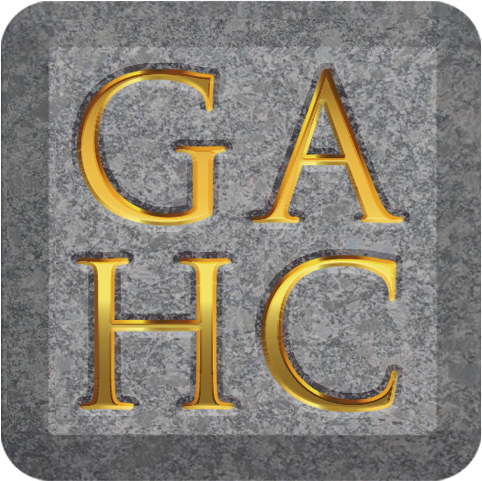Whitehall Lecture Series
Unlikely Titans of Industry & Commerce: From Modest Beginnings to Phenomal Success
Free for Museum Members at the Patron level and above
$20 for all other Museum Members
$46 for all non-Members. Includes required Museum Admission
Lecture Series Ticket $110
(for all six lectures)
Does not include required Museum Admission
All Lectures begins at 3:00 pm
The Annual Whitehall Lecture Series presents Unlikely Titans of Industry & Commerce: From Modest Beginnings to Phenomenal Success, at 3:00 p.m. each Sunday from February 4th to March 10th. Experts and authors will speak about the Titans that were responsible for some of the most successful business ventures built from the ground-up. When possible, each lecture will be followed by a book signing with the author. Visit the H. M. Flagler & Co. Museum Store for a wide selection of books related to the Whitehall Lecture Series.
Website visitors can now watch the lectures via a Livestream broadcast. There is no charge to watch the Livestream lectures.
Sponsored by:
![]()


